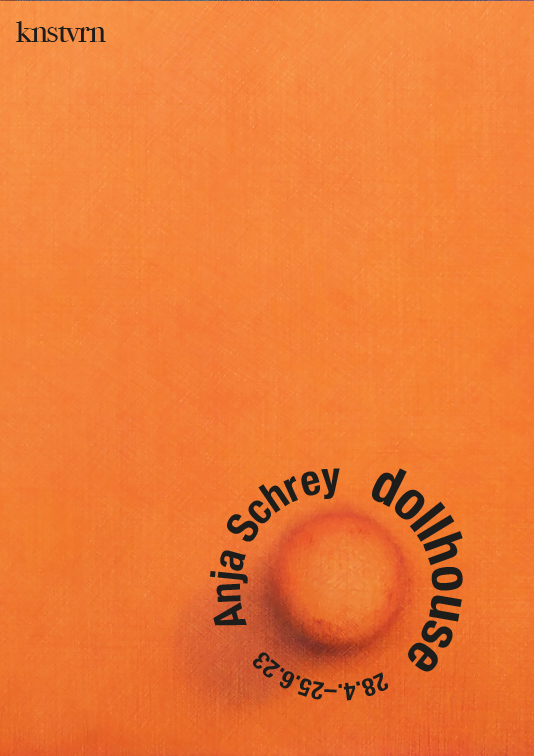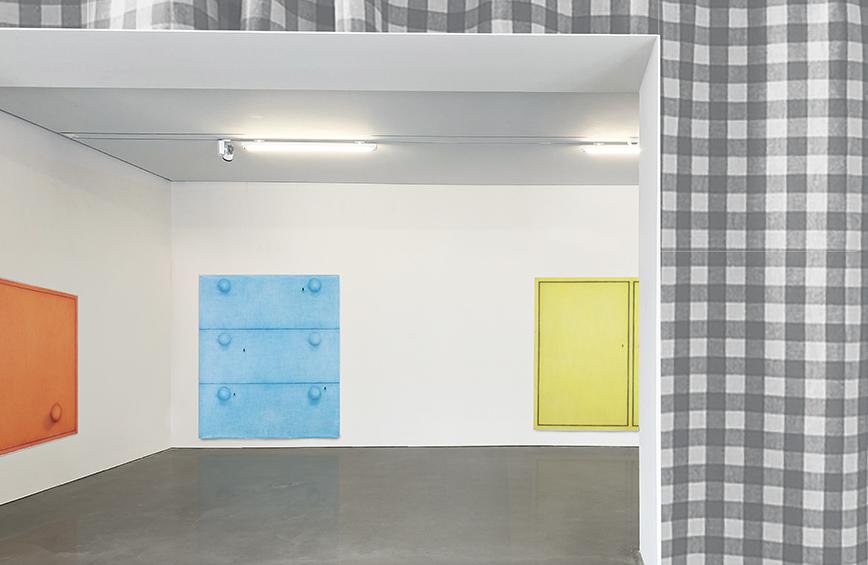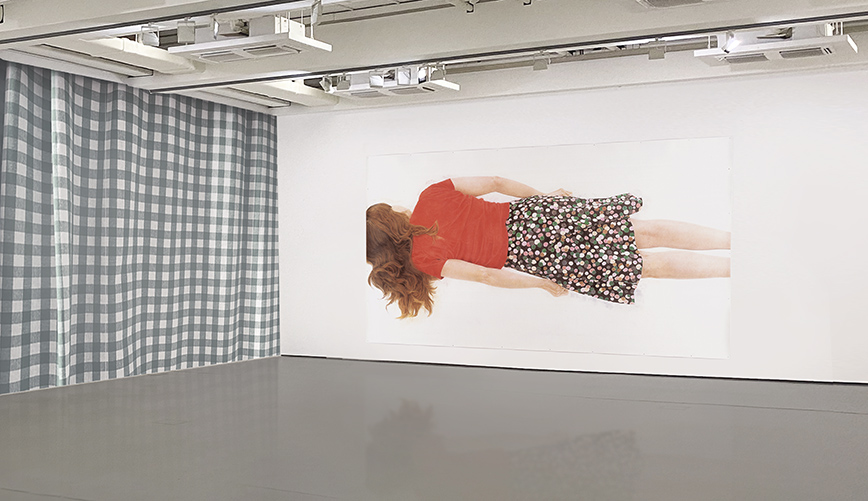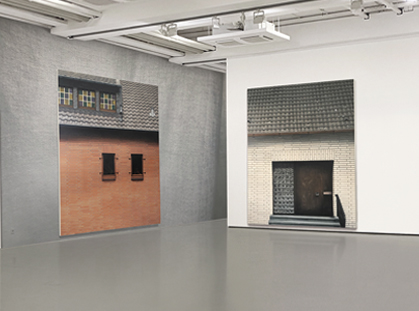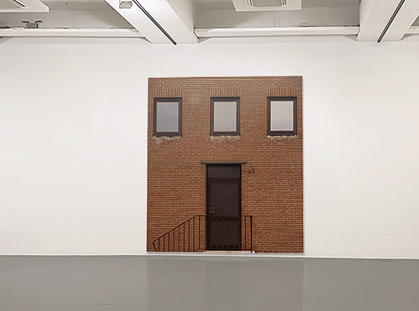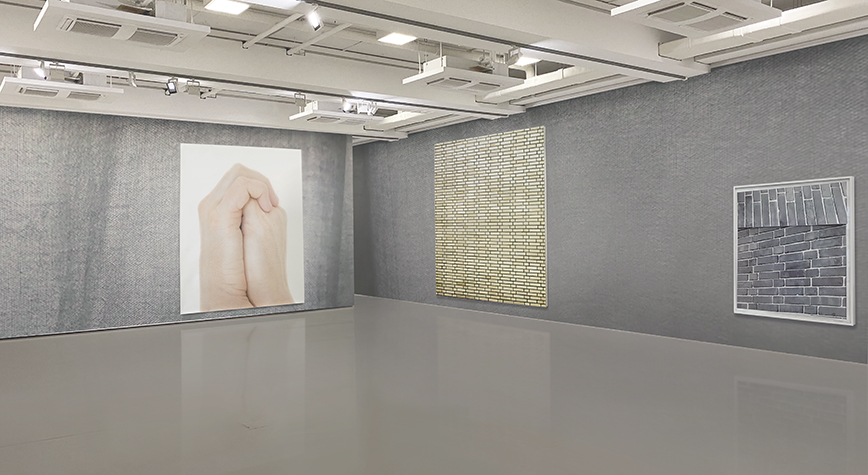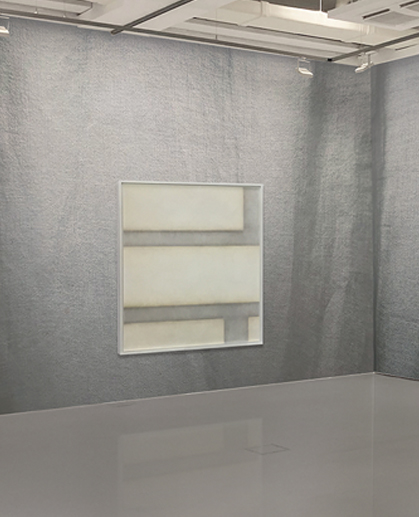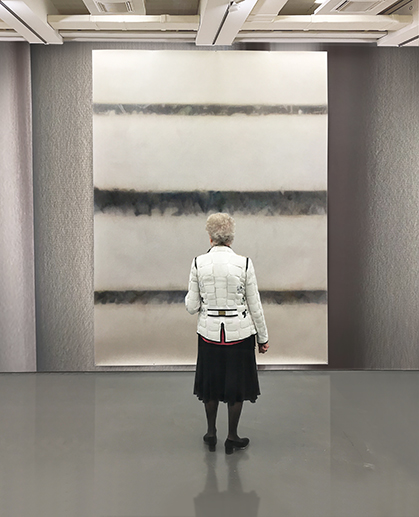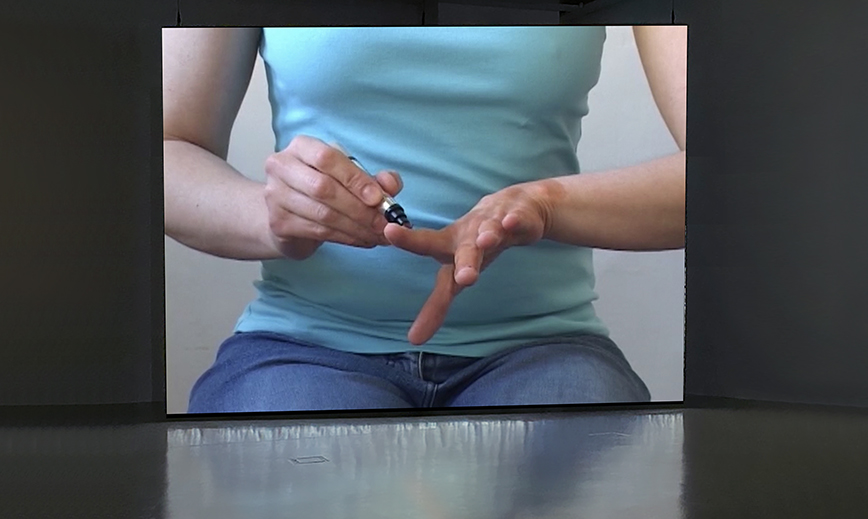Anja Schrey studierte Germanistik an der Universität Köln, Freie Malerei an der Kunstakademie
Düsseldorf bei Jan Dibbets und in De Ateliers, Amsterdam. Sie lebt und arbeitet in Berlin.
Sie erhielt Auszeichnungen wie den Kunstfonds, das Kaiserring-Stipendium oder den
Künstlerinnenpreis NRW, Residenzen im Goethe-Institut Porto Alegre, Brasilien, in
Amsterdam oder Ringenberg. Neben Ausstellungen in Galerien, Institutionen und Museen
wie im Gropiusbau, Berlin, in der Milton Keynes Gallery, Großbritannien, der Ausstellungshalle
Zeitgenössische Kunst, Münster, dem Ludwig-Forum, Aachen, im Kunstverein
Bochum, im Mönchehaus-Museum, Goslar oder dem Leopold-Hoesch-Museum, Düren,
der Städtischen Galerie des Folkwang Museums, Essen oder dem KINDL, Berlin befinden
sich ihre Arbeiten in privaten und öffentlichen Sammlungen wie in Kornelimünster in der
Sammlung des Landes NRW, der ING-Bank oder dem Saarlandmuseum.
Anja Schrey studied German philology at the University of Cologne, painting at the
Düsseldorf Art Academy with Jan Dibbets and in De Ateliers, Amsterdam. She lives and
works in Berlin.
She has received awards such as the Kunstfonds, the Kaiserring Stipendium or the
Künstlerinnenpreis NRW, residencies at the Goethe-Institut Porto Alegre, Brazil, in Amsterdam
or Ringenberg. In addition to exhibitions in galleries, institutions and museums such as
the Gropiusbau, Berlin, the Milton Keynes Gallery, Great Britain, the Ausstellungshalle
Zeitgenössische Kunst, Münster, the Ludwig-Forum, Aachen, the Kunstverein Bochum,
the Mönchehaus-Museum, Goslar or the Leopold-Hoesch-Museum, Düren, the Städtische
Galerie of the Folkwang Museum, Essen or the KINDL, Berlin her works are in private
and public collections like in Kornelimünster in the collection of the state of NRW, the
ING-Bank or the Saarlandmuseum.
dollhouse
Zuerst ist da das Haus, der Schrank, die Figur, die Hand, das Hanky, dann eine Kulisse, ein Narrativ und
bald beim Nähertreten Struktur, Gewebe, Oberfläche, Sinnlichkeit und damit Abstraktion.
Es ist Schreys Form der Malerei und Zeichnung, die Hauswand, Kommode oder Hanky zur Skulptur formt und die
Oberflächen analysiert und das Sinnliche herausstellt. Unermüdlich spielt die Künstlerin mit dem Muster, dem
Textilen und Dekorativen als Oberfläche, das sich verselbstständigt und doch auch dem Motiv verpflichtet bleibt.
Manches Mal illusionistisch, dann wieder vereinfacht, gar naiv oder humorvoll wirkend, zum Beispiel im Video „On
the other hand“, in dem die Zeichnung auf der Hand eine eigene Choreographie entwickelt.
Das Malen und Zeichnen ist immer intensives Untersuchen von Details, wobei eines nicht wichtiger ist als das
andere. Arbeiten in diesen Dimensionen ermöglicht ein abstrakteres Schauen, das die Gegenständlichkeit, die Figur
zurücktreten lässt und dem Betrachter den Weg in Zeichnung und Malerei selbst, auch in der zeitlichen Dimension,
offenlegt.
Im Kunstverein Bad Wonder versammelt die Künstlerin zum ersten Mal ihre Arbeiten assoziativ und stellt sie zueinander
auf wandfüllenden Drucken, abstrakt wirkenden und raumbildenden Strukturen, sinnlich erfahrbar dem
Betrachter entgegen: viel Raum für Geschichten.
dollhouse
First there is the house, the cabinet, the figure, the hand, the hanky, then a backdrop, a narrative, and
soon, on approaching, structure, fabric, surface, sensuality and thus abstraction.
It is Schrey‘s form of painting and drawing that shapes the house wall, dresser or hanky into sculpture, analyzing the
surfaces and highlighting the sensual. The artist tirelessly plays with the pattern, the textile and decorative as a surface,
which takes on a life of its own and yet also remains committed to the motif. Sometimes illusionistic, then again
simplified, even seeming naive or humorous, for example in the video „On the other hand“, in which the drawing on
the hand develops its own choreography.
Painting and drawing is always intense examination of details, where one is not more important than the other. Working
in these dimensions enables a more abstract look, which allows the representational, the figure to recede and
reveals to the viewer the path in drawing and painting itself, also in the temporal dimension.
At the Kunstverein Bad Wonder, the artist gathers her works associatively for the first time and presents them to each
other on wall-sized prints, abstract-looking and space-forming structures, sensually tangible to the viewer: plenty of
room for stories.
